Are noisy pipes cause for concern? They certainly can be. Your plumbing is the kind of thing you don’t really think about too much until there’s an issue – then it can be difficult to think about anything else. Fortunately though, your plumbing system has ways of telling you about problems so you can deal with them before they get too out of hand — which is why it can be very important to bring in an experienced Cape Coral plumber like Avis Plumbing and Air Conditioning who knows what the signs mean. For instance, low water pressure is your plumbing’s way of alerting you that (among other possibilities) you may have a blockage or a leak somewhere. So if your pipes are noisy, your plumbing system is probably trying to tell you that something in your system isn’t working properly.
So, are noisy pipes cause for alarm? They are the alarm! Your pipes may be in serious need of maintenance. In general, your pipes need to be regularly maintained to ensure they’re functioning properly. Pipes that go ignored will end up costing you in the long run. You should be able to diagnose the severity of the issue (if at all) based on the type of sounds your pipes are making and which action (if any) you’ll need to take. Here’s how.
Temperature Changes
If you hear grinding and groaning and creaking and moaning, particularly during or after hot water use, that’s more than likely just your pipes expanding and contracting due to the temperature. Heat causes metal to expand and as the pipes cool, they return to their original state. The noise you hear is the sound of piping rubbing against support brackets, joists, and anything else that touches the outside of the pipes. While this isn’t too common in warmer areas like Cape Coral or Fort Myers, we are getting into the winter months where ambient air temperatures are cooler — making creaking pipes a little more likely.
There’s no need to worry about your pipes bursting or springing leaks because of this, but if the noise bothers you, there are a couple of things we can do to quiet them. We can install insulation around any exposed piping. However, here in Florida most of your pipes are probably behind walls so unless you’re replacing all the drywall in your house anyway, it’s not very practical. Another idea is to check the setting on your water heater and lower it if it’s too hot. Optimally, your water heater should be set at 120 degrees Fahrenheit. Proper temperature settings will ensure that there isn’t too much of a temperature change when the hot water travels through the pipes, and this will help reduce the amount of pipe expansion (and, in turn, the noise).
Bad or Improper Hardware
If you hear clacking, clattering, and rattling there might be several issues — with varying degrees of severity — that might need to be dealt with quickly.
In the best case scenario, you’re simply dealing with a mounting bracket or support bracket that has loosened from the wall. As water rushes past that area, the pipe vibrates against the bracket and makes a lot of noise. While a plumbing disaster may not be imminent, it will add more stress to the piping and create more wear and tear, so you should still take action. First, you’ll need to locate exactly where the noise is coming from. It might be behind a wall, but if it isn’t and if you’re able to access the piping, you can either tighten the bracket or place padding around the pipe to wedge it in place. If you can’t access the pipe, call Avis and we can help.
Worst case scenario, the pipes weren’t installed properly and you’re dealing with a full-blown structural issue with your plumbing. Do you hear rattling pipes in multiple places in your home or business? If that’s the case, a plumbing disaster may actually be imminent and you’ll need a pro like Avis Plumbing to assess the situation.
Pipe Clogging and Blockage
If you hear hissing or whistling, there may be a partial blockage in the pipe. It’s natural for mineral deposits to buildup in pipes, and the water being forced through a partial clog like mineral deposits can make a whistling sound. You can try adjusting the water pressure at the main valve to see if that stops the noise (in general, your home’s water pressure shouldn’t surpass 60 PSI), but you may have a bigger issue. Unfortunately, it’s extremely difficult to remove mineral buildup and, as time goes by, the buildup may cause a total blockage, leading to burst pipes, extensive damages, and costly repairs. If you suspect you may be dealing with mineral buildup (this will likely cause low water pressures as well), you should call Avis before the situation deteriorates.
Hissing or whistling could also mean a faulty washer or valve. If you hear the noise at one particular sink, then it’s probably just a matter of replacing a washer or valve in the faucet. If it’s noisy when any faucet is turned on, the issue could be with the main water valve and you may need to change it out. This is definitely a job for a licensed and insured Cape Coral plumber like Avis.
Water Hammer
If you hear banging, clanging, knocking, and thumping, you’re dealing with what is known as “water hammer”. Water travels through pipes with tremendous pressure and speed. When a valve is closed quickly, the speeding water suddenly has nowhere to go and it’s forced to stop. This sudden stop causes the water to bounce back in the direction it was coming from, creating a surge of pressure in the pipe. Think of it in terms of a traffic accident where the car in front slams on its brakes and suddenly you have a 10 car pile-up. All the water in the back has nowhere to go, and the pressure in the pipe is momentarily increased. Aside from the loud noise it makes, it can cause pipe failure as well and needs to be dealt with.
Plumbing systems in houses built within the last 30 years are typically built with water hammer arrestors installed. Water hammer arrestors are attached to the pipes and are made to absorb the shock caused by water hammer. If your home was built after 1990 and you’re experiencing water hammer, your arrestor has probably failed and you need to replace it. If your home was built before 1990, your plumbing system probably doesn’t have a water hammer arrestor at all and you should get one installed. Avis can help you with both.
Still Need Help From A Cape Coral Plumber?
Hopefully you now have a better idea of what’s going on with your plumbing. In an ideal scenario, you’ll be able to quiet your noisy pipes on your own. However, if you’re unsure what the issue is or you’re wary about tackling it on your own, don’t hesitate to call professional Cape Coral plumbers Avis Plumbing at (239) 542-4421 so you can feel confident that the job will get done safely and correctly.

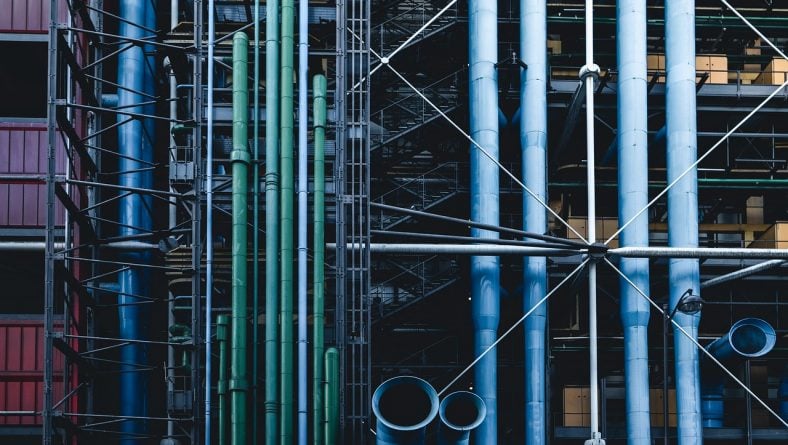
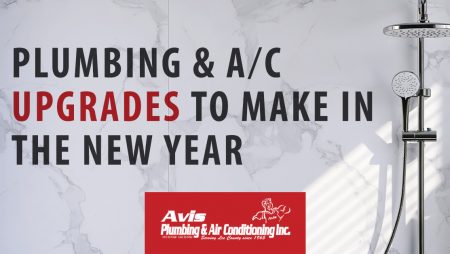
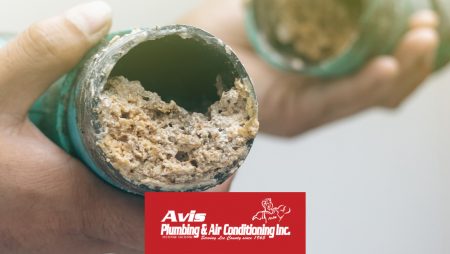
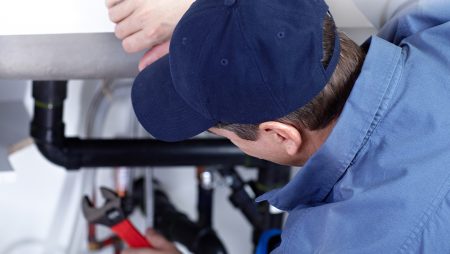

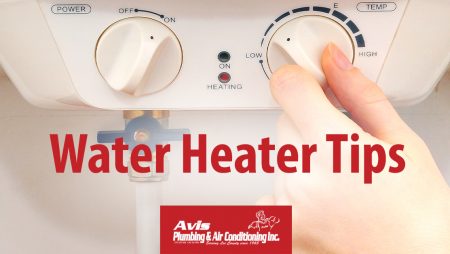
No Comment
You can post first response comment.